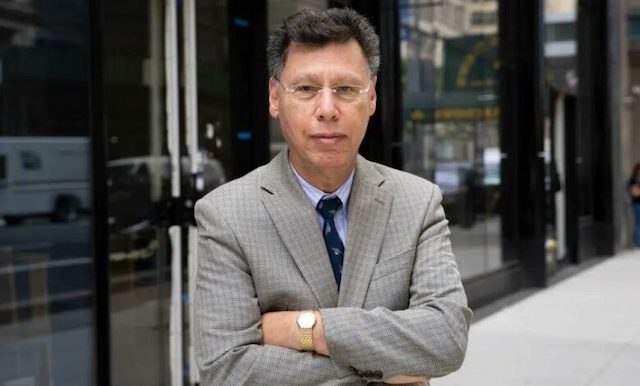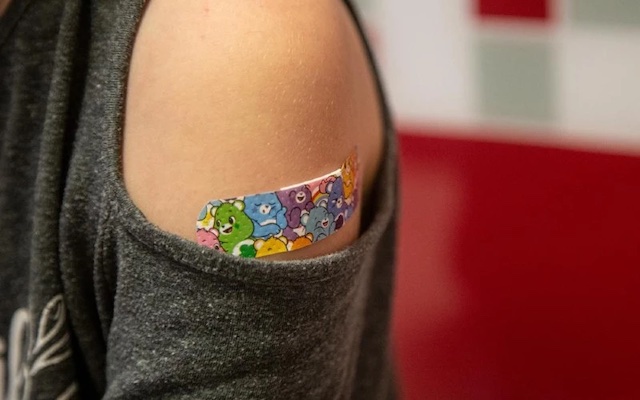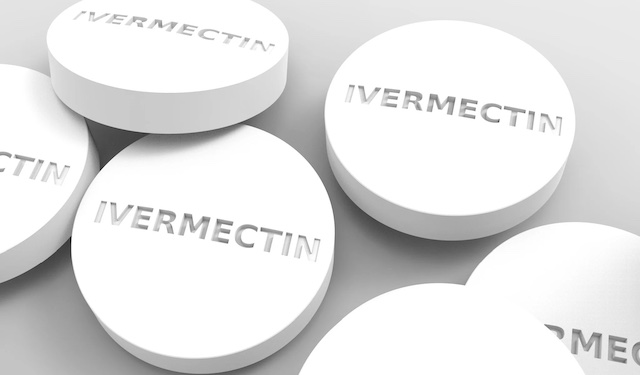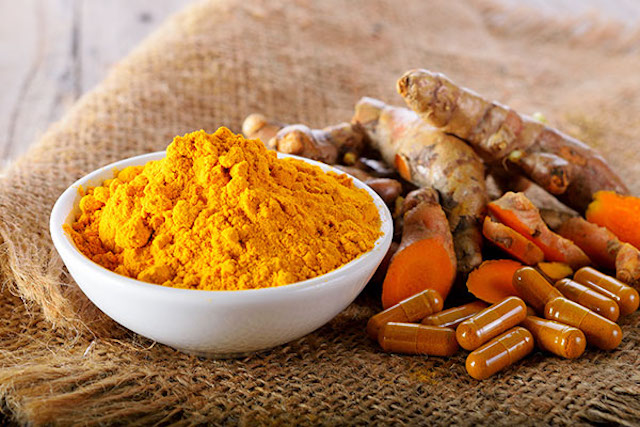17 surprising things I wish I’d known

‘It’s reassuring to know that everything that happens to you has happened to someone else …’ Hilary Osborne. Illustration: KIKA KLAT/The Guardian
I thought I knew all about the disease that took my mother when I was nine. But on being diagnosed myself, my eyes were opened to the myths and realities
October is breast cancer awareness month. You are probably aware of breast cancer in some way. I was – for much of my childhood my mum was undergoing treatment for it, and shortly before I turned 10, she died from it. But despite that experience, I was blissfully unaware of many things about breast cancer until I was diagnosed with it last summer. Here are some of the things I know now that I wish I had known then. Continue reading

 Could this initiative to sway opinion by leading cancer authorities possibly – just possibly – be related to the revolution that is happening around the world – highlighting the dangers and ineffectiveness of toxic chemotherapy and radiation, bringing cancer cures such as cannabis to the forefront, or the emerging mass markets now creating awareness on the reality of our food and the consequences of the cancer industry itself?
Could this initiative to sway opinion by leading cancer authorities possibly – just possibly – be related to the revolution that is happening around the world – highlighting the dangers and ineffectiveness of toxic chemotherapy and radiation, bringing cancer cures such as cannabis to the forefront, or the emerging mass markets now creating awareness on the reality of our food and the consequences of the cancer industry itself? 
 Amid ongoing vaccination efforts, Dr. Risch is professor emeritus of epidemiology in the Department of Epidemiology and Public Health at the Yale School of Public Health and Yale School of Medicine. His research has focused extensively on the causes of cancer as well as prevention and early diagnosis.
Amid ongoing vaccination efforts, Dr. Risch is professor emeritus of epidemiology in the Department of Epidemiology and Public Health at the Yale School of Public Health and Yale School of Medicine. His research has focused extensively on the causes of cancer as well as prevention and early diagnosis.  The grueling profession has long kept silent about mental distress. After losing a friend and quietly grappling with illness, Carrie Cunningham found a new way to save lives
The grueling profession has long kept silent about mental distress. After losing a friend and quietly grappling with illness, Carrie Cunningham found a new way to save lives One of the cruelest things about being injured by a pharmaceutical is the degree to which doctors will deny the idea that the injury happened (as acknowledging it requires them to accept the shortcomings of the medical model they’ve invested their lives into). This denial is known as
One of the cruelest things about being injured by a pharmaceutical is the degree to which doctors will deny the idea that the injury happened (as acknowledging it requires them to accept the shortcomings of the medical model they’ve invested their lives into). This denial is known as  Some health experts say the public is headed into another winter bout with COVID, which means the CDC is pushing vaccines once again, but this time
Some health experts say the public is headed into another winter bout with COVID, which means the CDC is pushing vaccines once again, but this time  A dentist and orthodontist by training, Dr. William D. Kelley discusses the nutritional concepts and practices underlying non-specific metabolic therapy, how they emerged over years of treating patients and himself for disease, and the results he has achieved applying them.
A dentist and orthodontist by training, Dr. William D. Kelley discusses the nutritional concepts and practices underlying non-specific metabolic therapy, how they emerged over years of treating patients and himself for disease, and the results he has achieved applying them.
 The Fifth Circuit Court of Appeals reversed a lower court’s ruling that “sovereign immunity” protects the Food and Drug Administration (FDA) from any wrongdoing or harm in telling the public to stop taking ivermectin, a safe, well-studied, and proven drug for the prevention and treatment of COVID-19.
The Fifth Circuit Court of Appeals reversed a lower court’s ruling that “sovereign immunity” protects the Food and Drug Administration (FDA) from any wrongdoing or harm in telling the public to stop taking ivermectin, a safe, well-studied, and proven drug for the prevention and treatment of COVID-19.
 The world’s pharmaceutical drug factories have become so filthy that the United States Department of Defense (DoD) is
The world’s pharmaceutical drug factories have become so filthy that the United States Department of Defense (DoD) is  Here’s what never happened in the hospital during COVID: a doctor sat down next to a patient and said, “You have a choice. We can give you Remdesivir, which
Here’s what never happened in the hospital during COVID: a doctor sat down next to a patient and said, “You have a choice. We can give you Remdesivir, which 
